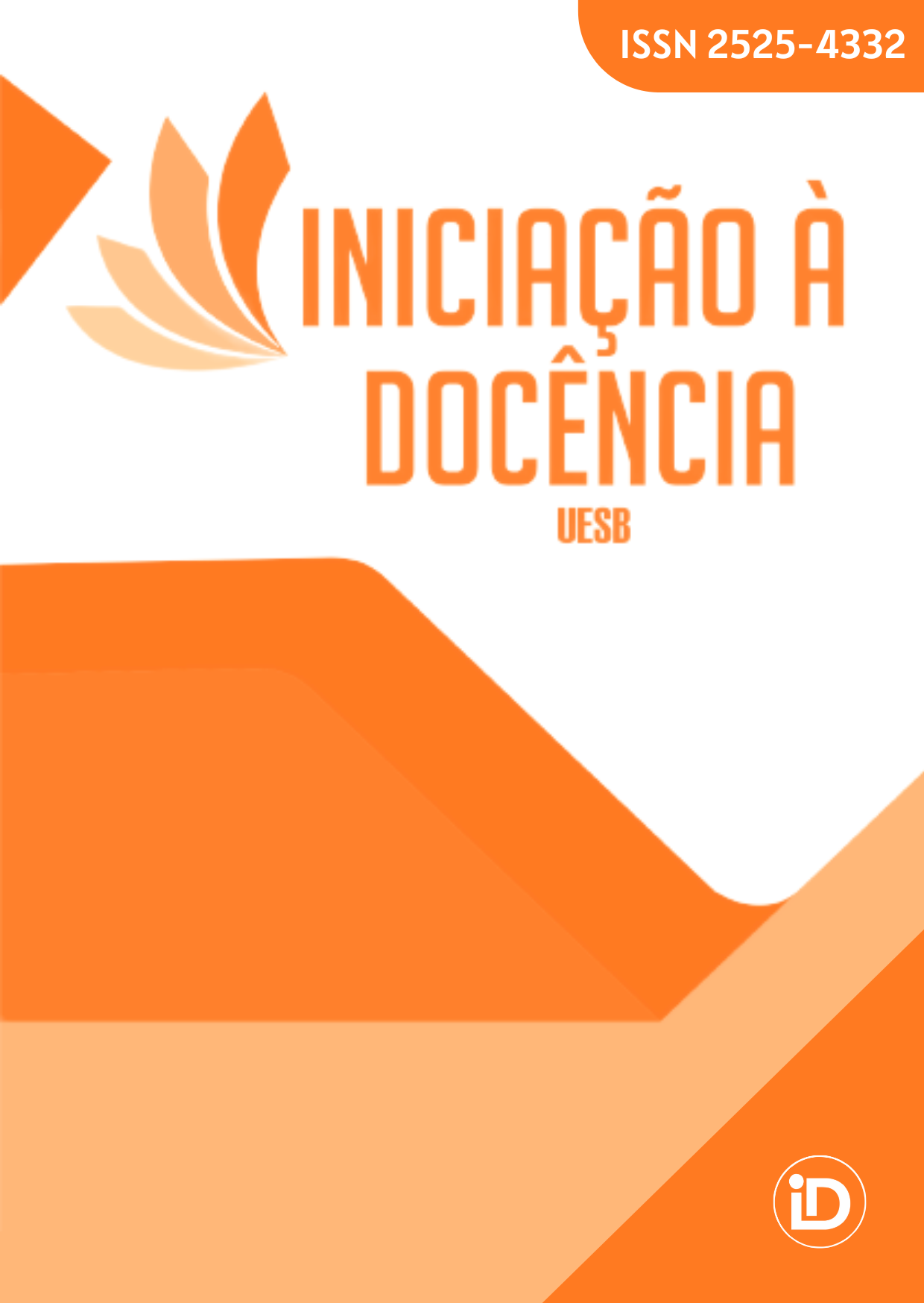A descolonização do pensamento como caminho para uma formação de professores de ciências comprometida com a justiça social
DOI:
https://doi.org/10.22481/riduesb.v8i1.11763Palabras clave:
Ensino de ciências, Educação das Relações Étnico-Raciais, formação docente, epistemologia, cultura, cidadaniaResumen
Este ensaio teórico tem como objetivo (re)pensar a formação de professores de ciências à luz de marcos epistemológicos alinhados com a descolonização do pensamento, como forma de pleitear um modelo outro de ciência. Para isto, realizamos um diálogo entre as contribuições teóricas de Silvia Cusicanqui e Paulo Freire, a partir de duas de suas obras, a Sociologia de la Imagen (2015) e a Educação como prática da liberdade (1967). Reconhecendo que esses autores discutem perspectivas epistêmicas engajadas com a práxis e com a realidade de seus países, consideramos que a interlocução entre ambos possa se configurar como uma perspectiva conceitual capaz de contemplar a Educação das Relações Étnico-Raciais tanto na pesquisa quanto na prática docente no ensino de ciências. Desse modo, defendemos a composição de um referencial teórico que esteja comprometido com a justiça social, sobretudo na educação científica, considerando os desafios e as potencialidades presentes no contexto étnico-racial brasileiro e latino-americano.
Descargas
Citas
BHABHA, Homi Kharshedji. O local da cultura. 2. ed. Belo Horizonte: Editora UFMG, 2013.
BRASIL. Lei 10.639/2003, de 9 de janeiro de 2003. Diário Oficial da União, de janeiro de 2003.
BRASIL. Ministério da Educação. Conselho Nacional de Educação. Diretrizes Curriculares Nacionais para a Educação das Relações Étnico- Raciais e para o Ensino de História e Cultura Afro-Brasileira e Africana. Relatora: Petronilha Beatriz Gonçalves. Ministério da Educação. Brasília, 2004.
CARNEIRO, Sueli. Racismo, sexismo e desigualdade no Brasil. São Paulo: Selo Negro, 2011.
CHASSOT, Áttico. Alfabetização científica: uma possibilidade para a inclusão social. Revista Brasileira de Educação, ANPEd, n. 26, p.89-100, 2003.
CUSICANQUI, Silvia Riveira. Sociología de la imagen: ensayos. 1. ed. Buenos Aires: Tinta Limón, 2015.
FREIRE, Paulo. Educação como prática da liberdade. 12. ed. Rio de Janeiro: Paz e Terra, 1967.
GOMES, Nilma Lino. O Movimento Negro educador. Petrópolis: Vozes, 2017.
GONZALEZ, Lélia. A categoria político-cultural de amefricanidade. Tempo Brasileiro. Rio de Janeiro, n. 92/93 (jan./jun.). 1988, p. 69-82.
HOOKS, bell. Ensinando a transgredir: a educação como prática da liberdade. São Paulo: Editora WMF Martins Fontes, 2013.
HOOKS, bell. Ensinando pensamento crítico: sabedoria prática. São Paulo: Elefante, 2020.
MUNANGA, Kabengele; GOMES, Nilma Lino. O negro no Brasil de hoje. São Paulo: Global, 2016.
NASCIMENTO, Rosalina Maria de Lima Leite do; MÓL, Gerson de Souza. A formação de professores de ciências: uma análise da sua atuação frente aos desafios e inovações do mundo moderno. Braz. J. of Develop., Curitiba, v. 6, n. 3, p. 15834-15845, mar. 2020.
PEPETELA. Mayombe. 5. ed. Lisboa: Publicações Dom Quixote, 1993.
ROSA, Katemari; ALVES-BRITO, Alan; PINHEIRO, Bárbara Carine Soares. Pós-verdade para quem? Fatos produzidos por uma ciência racista. Caderno Brasileiro de Ensino de Física, v. 37, n. 3, p. 1440-1468, dez. 2020.
SANTOS, Jorge Luís Rodrigues dos. Educação multicultural? Ou indiferente à diferença? In: NUNES, C. P.; FAGUNDES, H. P. P. (Orgs). Formação de professores: questões contemporâneas. 1. ed. Curitiba: CRV, 2014.
SOUZA, Jessé. A elite do atraso. Rio de Janeiro: Estação Brasil, 2019.
Descargas
Publicado
Cómo citar
Número
Sección
Licencia
Derechos de autor 2023 Revista de Iniciação à Docência

Esta obra está bajo una licencia internacional Creative Commons Atribución 4.0.






